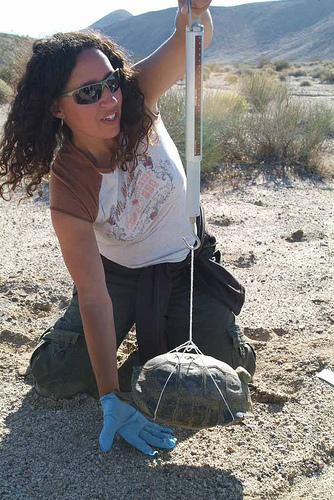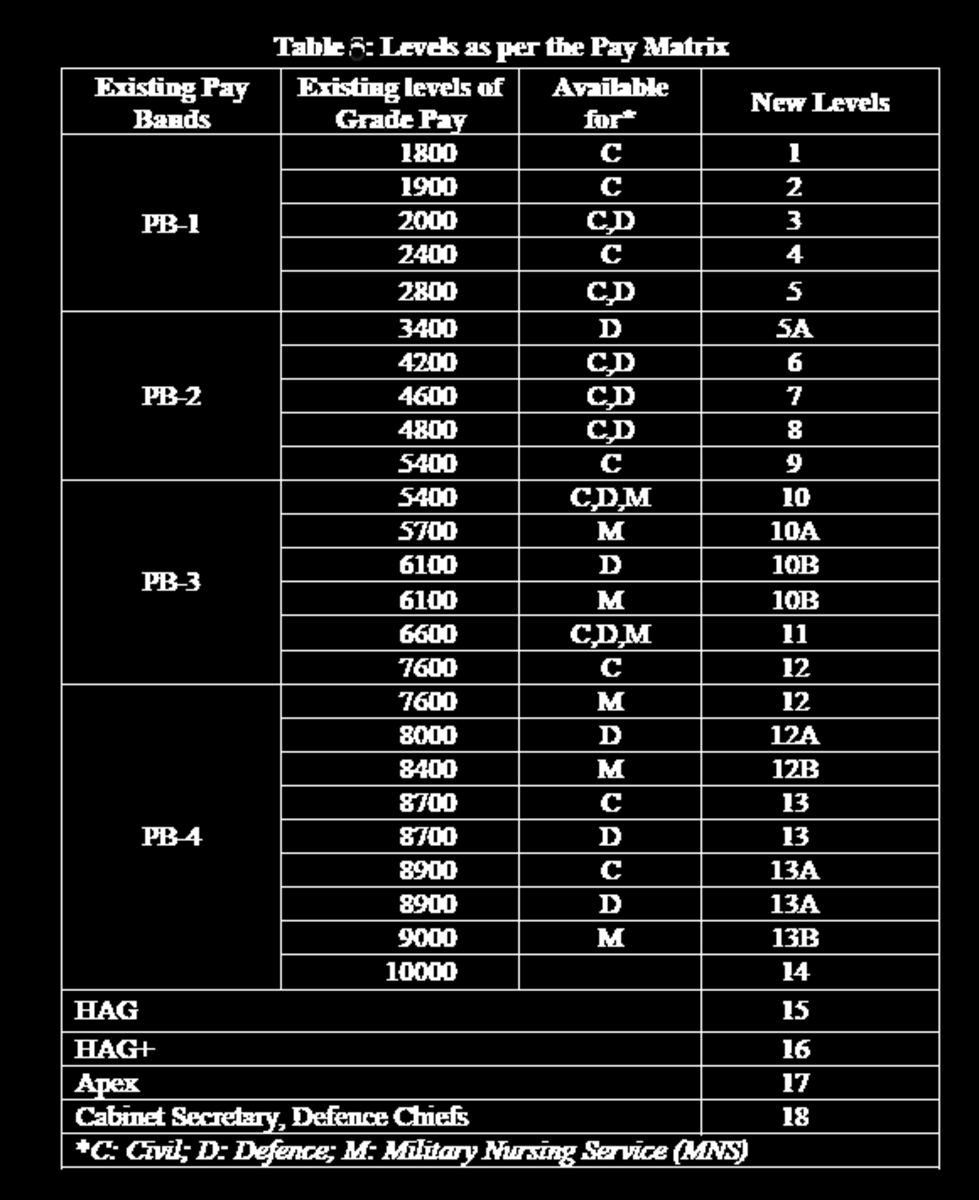Salary Range of Biological Consultants

© 2012 by Aurelio Locsin.
Biological consultants offer their expertise on plants, animals and other living organisms to organizations that lack the skill in-house. Though their educational qualifications differ by subject, they all share several years experience in their specialties. This enables them to develop the reputation needed for consulting. Salaries vary according to job title.
Biomedical Engineers
Consultants in biomedical engineering earned an average $42.63 per hour or $88,670 per year as of May 2012, according to the Bureau of Labor Statistics. They look for solutions to problems that combine biology and medicine so they can improve patient care. They design medical products such as artificial organs, body part replacements and diagnostic machines. They provide technical support for biomedical equipment, and train clinicians on their use. They also work with other scientists such as chemists and biologists to offer an engineering perspective on human and animal biology. A bachelor’s degree is needed to enter the field, though some have a bachelor’s degree in an unrelated field and a graduate degree in biomedical engineering.
Microbiologists
Microbiology consultants averaged $34.21 per hour or $71,150 per year in 2011. Microbiologist research microorganisms, such as bacteria and fungi, for such projects as creating new drugs to combat disease. They identify and classify microorganisms, grow bacteria cultures for study and monitor how microorganisms affect the environment, plants, animals and human beings. They write technical reports on their findings, and present them to scientists, non-scientist decision-makers, engineers and the general public. A bachelor’s degree in microbiology is the minimum requirement. However, those who consult on high-level research typically have a Ph.D.
Wildlife Biologists
In 2011, consultants for zoology and wildlife biology received an average $28.12 per hour or $58,500 per year. Both zoologists and wildlife biologists study the behavior and characteristics of animals. However, the former do so in the controlled settings of zoos, while the latter travel to different environments such as forests or under the sea. They collect biological specimens for study, discover how animals interact with themselves and other species, and analyze how human populations have affected wildlife migration and population. They may be called to recommend conservation policies to the general public or government bodies. A bachelor’s degree is sufficient for entry-level positions, though a Ph.D. is needed for research.
Animal Scientists
Animal scientist consultants made an average $41.37 per hour or $86,050 per year in 2011. They conduct their research on domestic farm animals to improve the production and quality of food. They study animal genetics, nutrition, growth and diseases; look for better way to process food such as meat, eggs and milk; and crossbreed different strains to produce better characteristics. They may also advise farmers on how to improve animal housing, increase production and reduce death rates. Animal scientists have at least a bachelor’s degree although many also have doctoral degree. Some also have veterinary backgrounds.
References
- United States Department of Labor
Describes employment and salaries in the U.S.









